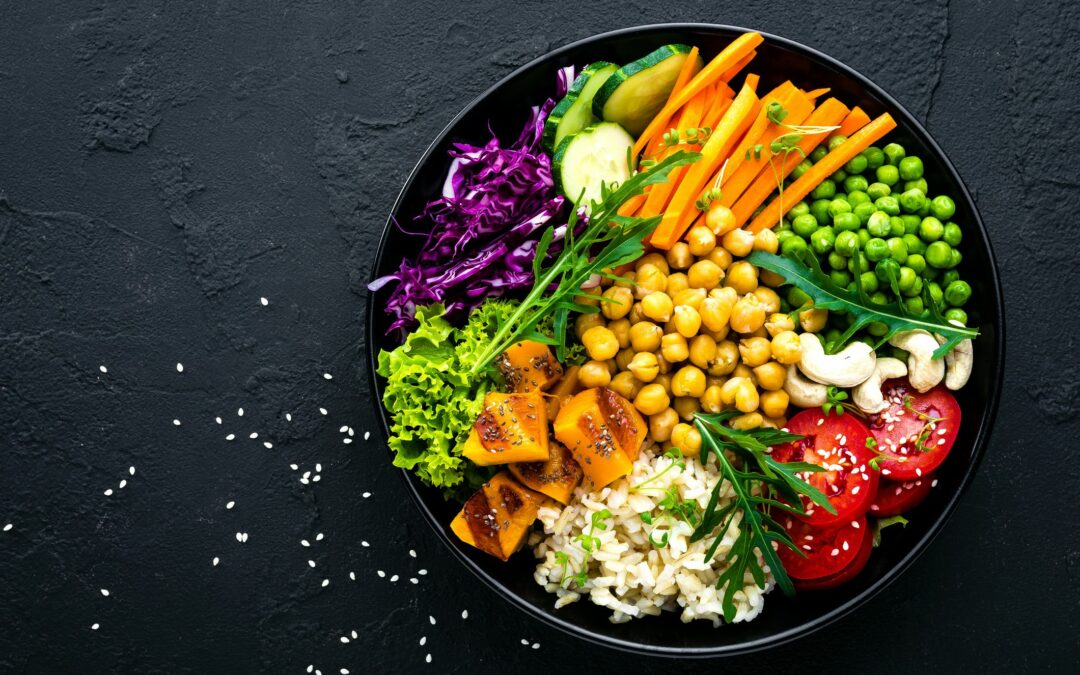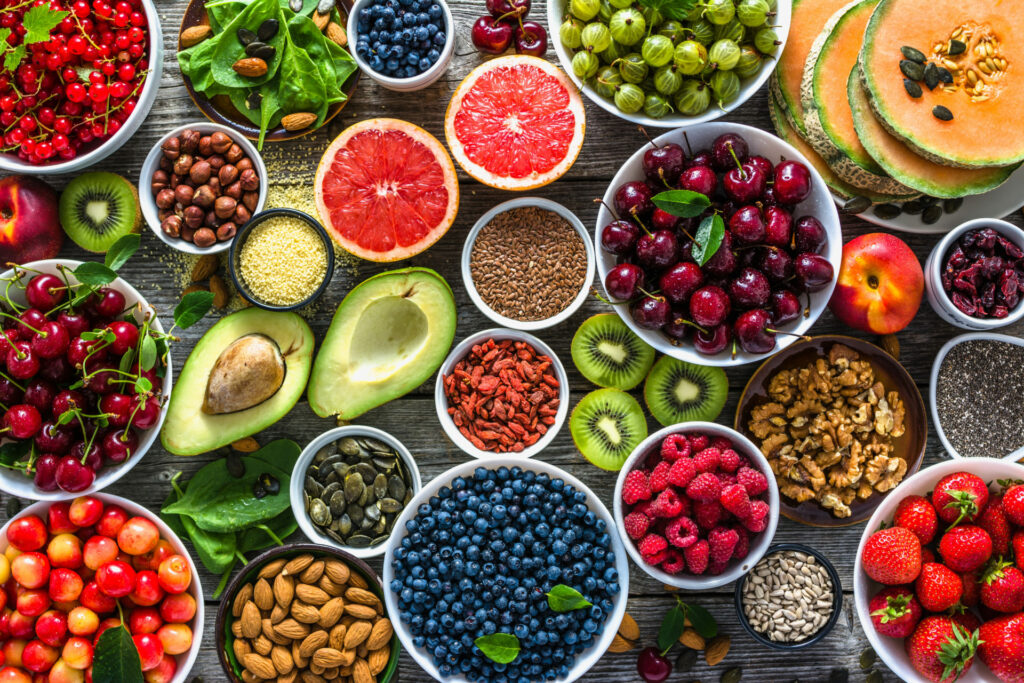Perimenopause is the medical term for “around menopause”. It occurs when a woman’s body is transitioning to enter menopause, which is the cessation of her menstrual cycle.
It’s undoubtedly not an easy phase for any woman, as it is associated with painful symptoms and high risks of developing chronic problems. However, with the help of some natural supplements, women can tone down the severity of these symptoms and protect themselves from any chronic diseases.
Always ask your doctor before you include any of these natural supplements in your diet, and when you have the approval, you’re good to go!
Why Is Perimenopause Challenging?
Perimenopause can be an adamant phase for several women because of the symptoms that come with it. But once a woman begins with her menstrual cycle, she makes peace with the muscular cramps, mood swings, and random bouts of sadness after some time.
However, perimenopause doesn’t stick around very long for women to get used to it. It lasts for about four years and is the phase where a woman’s ovary stops releasing the eggs. And when this happens, it causes drastic fluctuation in the hormones and throws your body into a hormonal imbalance.
Symptoms
With your hormones going crazy, your body reacts to them in the form of perimenopausal symptoms. These symptoms are very uneasy and challenging for a woman, and she should do everything in her power to reduce their intensity.
Here’s a list of these symptoms:
- Vaginal dryness
- Fatigue
- Hot flashes
- Intolerance to heat
- Discomfort during sex
- Insomnia
- Migraine
- Urinary incontinence, i.e., urinary leakage or urinary urgency
- Breast tenderness
- Mood swings
- Weight gain
- Hair thinning
- Lower sex drive
Natural Supplements To Include In Your Diet
It’s better to be ready than to be sorry.
Now that everyone has access to the internet and knows more about their conditions, it’s better to take precautions and be prepared for what’s coming your way.
By adding natural supplements to your diet, not only can you lessen the severity of the perimenopausal symptoms, but you can also protect yourself from chronic conditions — these can be: osteoporosis, osteoarthritis, heart problems, diabetes, cognitive issues, and obesity.
Some of the natural supplements which you should include in your diet are:
Vitamin E
Including food sources rich in Vitamin E can help calm the hot flashes common in almost all women. Hot flashes are also recurrent and can significantly disturb you if you don’t do something about them. Therefore, including foods that are high in Vitamin E such as peanuts, almonds, spinach, avocados, olive oil, and nuts would be a good decision.
Calcium & Vitamin D
The powerful duo you shouldn’t be missing out on.
If you want to protect your bones from falling prey to arthritis or osteoporosis, it’s crucial to take care of them. You can do this by maintaining a steady supply of calcium and Vitamin D as they help strengthen your bones.
You can find calcium in dairy products like milk, cheese, fish, and green leafy vegetables. While for Vitamin D, you’d have to become best friends with the sun. Vitamin D is also found in a small number of foods. These include:
- oily fish – such as salmon, herring and mackerel
- liver
- red meat
- egg yolks
- fortified foods – such as some fat spreads and breakfast cereals
Ginseng
You don’t need anyone to help lift your mood if you have some ginseng in your kitchen. And if you don’t, you should add this miraculous item to your grocery list right now.
Ginseng can not only help with hot flashes, but it can also improve your sleep. Moreover, it can prove very beneficial in boosting your mood and helping you feel better overall.
Magnesium
You better load up on Magnesium because it’s going to be helpful in the long run.
As your menopause closes in, stress becomes unmanageable. You may tend to be more stressed out, feel depressed or even have panic attacks if the situation gets worse. Magnesium is known to keep your stress levels at bay and even equips you against the battle with osteoporosis. Food sources for Magnesium include:
- cashews
- almonds
- lentils
- seafood and
- poultry
Phytoestrogens
Phytoestrogens are estrogens that occur naturally in plants. Because perimenopause causes a decrease in estrogen levels, phytoestrogens can help maintain these levels.
Due to the maintenance of estrogen in the body, hot flashes can be reduced. Moreover, it is also helpful in treating acne and preventing osteoporosis as well. Some excellent sources of phytoestrogens are:
- flax seeds
- berries
- oats
- sesame seeds
- apples
- soybeans
Dehydroepiandrosterone (DHEA)
Getting closer or starting with your menopause doesn’t mean that you have to quit sex on the whole. However, vaginal dryness and decreased libido can contribute to less frequent sex after menopause kicks in. But if you want to avoid this and improve your sexual interest even after menopause, you should include DHEA in your diet.
DHEA is naturally produced by your adrenal glands but is also available as a dietary supplement. However, we have received mixed reviews on its effectiveness, so you might want to be a little careful.
What Else Can I Do To Avoid These Symptoms?
Apart from including these natural supplements in your diet, you also have other options to help you keep the perimenopausal symptoms under control:
- Yoga
- Regular exercise
- Fixing your sleep pattern
- Cutting down on alcohol
- Quitting smoking
Conclusion
There’s no doubt in the fact that every woman has to go through menopause in the late 40s or early 50s of her life, and its transitioning phase can be pretty challenging. However, with the help of the above mentioned natural and organic supplements, you can lower down the severity of these symptoms.




Recent Comments